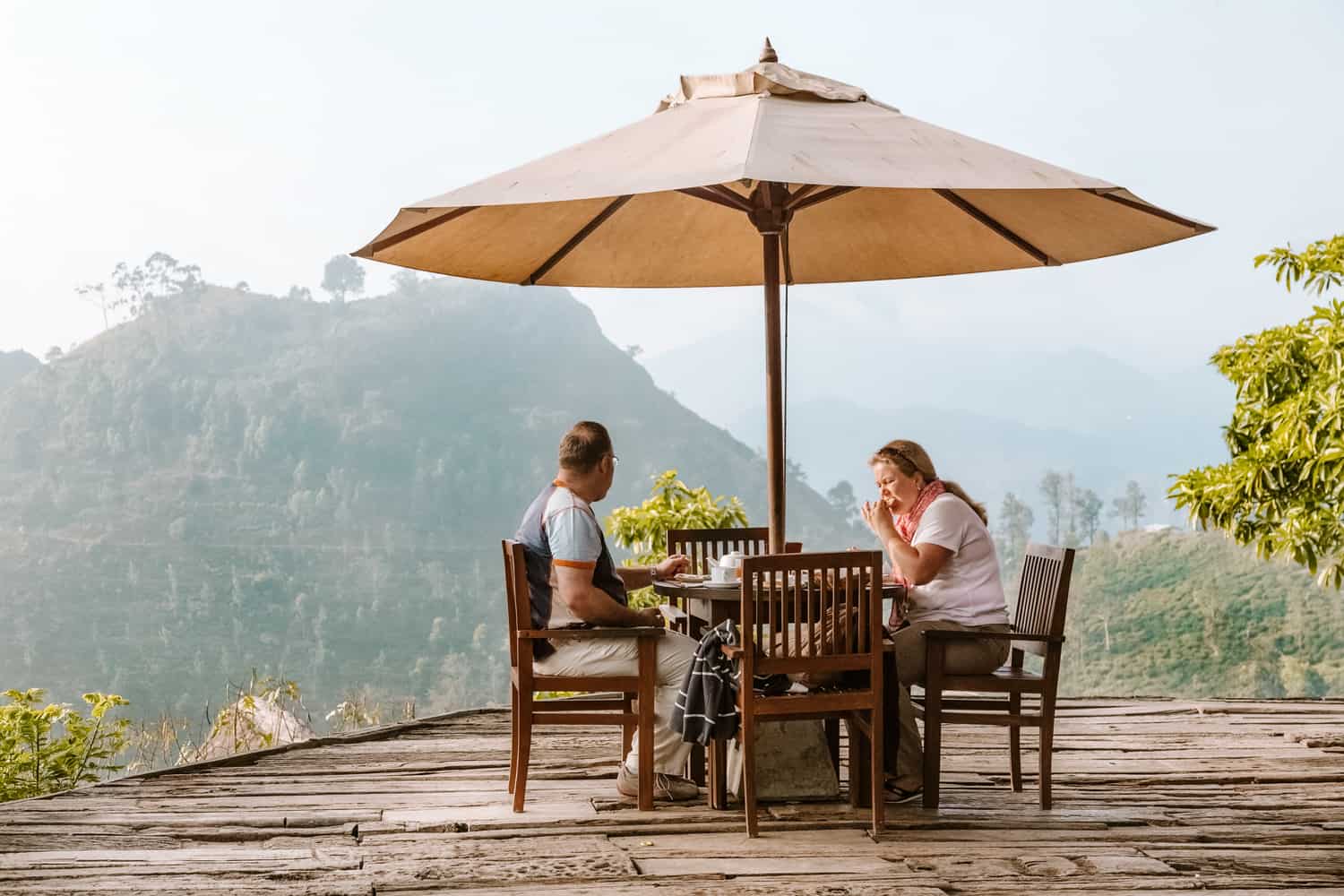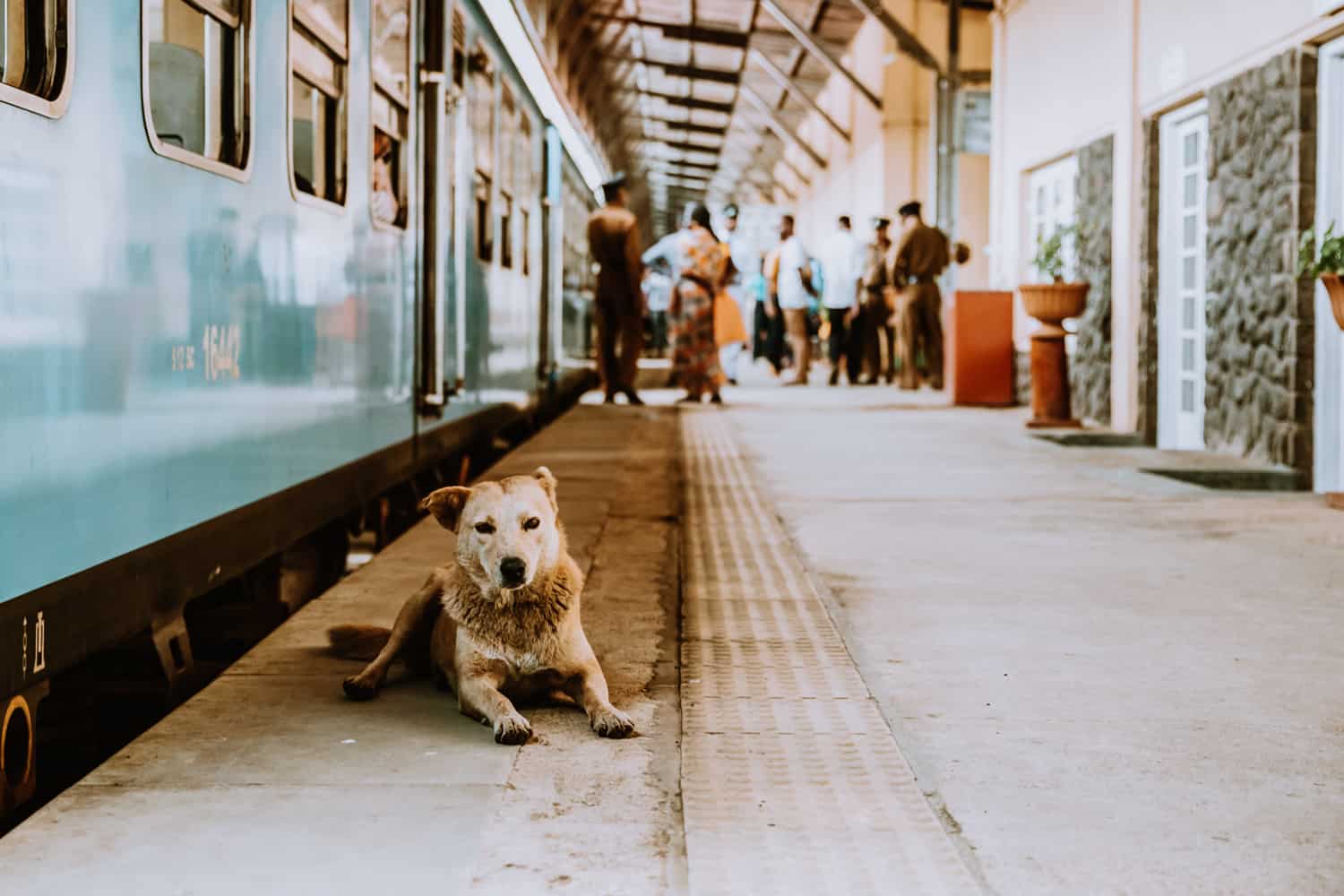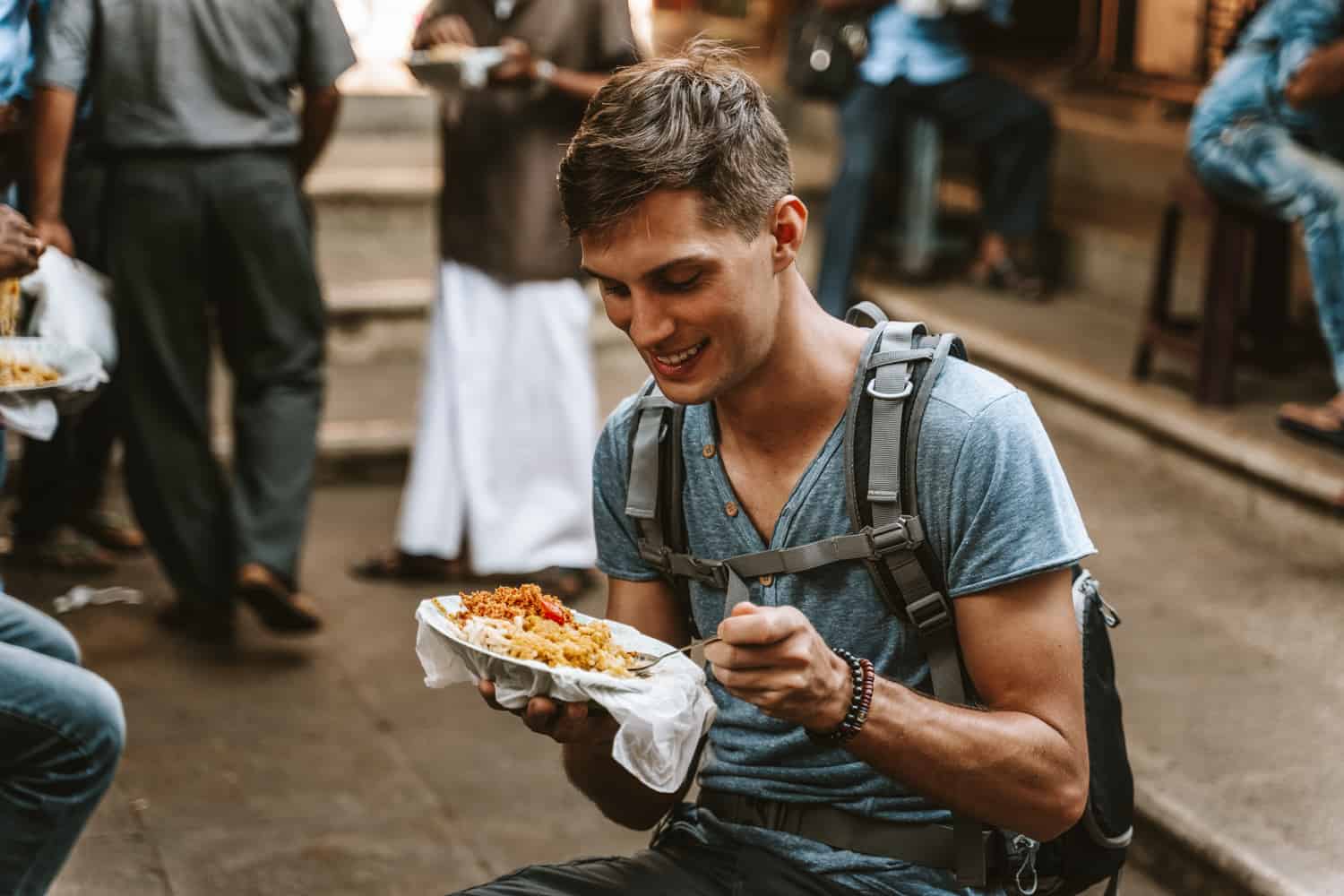Every year hundreds and thousands of tourists visit Sri Lanka without any problem. It is a nice and clean country. However, we want to make sure that you are not one of those rare unlucky travellers who ends up getting sick during a Sri Lanka trip.
This week Travellers Isle is answering a few common questions related to health concerns when travelling Sri Lanka. Hope this article will keep you away from the doctor’s office during your vacation in Sri Lanka.
1) Can you drink the water in Sri Lanka?
Water is usually clean and safe to drink in Sri Lanka. However, it is advisable not to drink tap water during your Sri Lanka tour, as your body might need some time to adjust to it.
2) Is bottled water safe in Sri Lanka?
Yes, bottled water is safe in Sri Lanka. Seal tampering is not something very common here. Just to be safe, check if the seals are intact when you buy them. If you want to be extra careful, buy water bottles from reputable supermarkets like Cargills Food City, Arpico or Keels. These establishments are available in every major city.
3) Is it safe to eat street food in Sri Lanka?
Eating street food in Sri Lanka is not recommended if you do not have any locals to help you find vendors that sell good quality street food. The food safety standards of street vendors are not well regulated in Sri Lanka. Bad food handling practices are very common among street vendors. If you are not with a guide, stick to the established eateries to avoid food poisoning.

4) How are the toilet facilities in Sri Lanka?
It is not difficult to find clean toilets in Sri Lank. Unless you are using a washroom of a property that targets tourists, you will not find toilet paper in the restroom. If you are not used to using bidet showers, it is advisable to keep a toilet paper roll with you. Toilet paper is available in supermarkets. It will cost about $0.50 USD.
5) How clean are accommodations in Sri Lanka?
There are very clean and well-maintained accommodations all over the country for every price range. Make sure that you go through the reviews carefully when choosing accommodations for your tour, as some properties are known to publish fake reviews on review sites like TripAdvisor.
6) Is there any danger of contracting rabies in Sri Lanka?
Yes, rabies can be found in dogs, bats, and other mammals in Sri Lanka. If you get bitten or scratched by a dog, bat, monkey or any other mammal in Sri Lanka, there is a chance of getting infected by the rabies virus. Rabies can be also transmitted to humans through salvia of infected animals through skin wounds.
The most common way that tourists get bitten/scratched by animals in Sri Lanka is by petting and feeding stray dogs, cats and monkeys. Avoid these behaviors during your trip. If you wish to closely interact with animals, it is recommended taking the rabies vaccine before starting the trip.
If you get bitten by an animal while you are in Sri Lanka, clean the wound thoroughly with soap and water. Then go to the nearest hospital for proper treatment without any delay. According to WebMD rabies vaccine is always successful, if it is given immediately after exposure.
Do not wait till you get back home to start the treatments. Rabies is a fatal virus. The risk that you are taking by delaying the treatments could result in your death.

7) How to avoid mosquito bites in Sri Lanka?
World Health Organization has declared Sri Lanka as a malaria free country. Dengue is still a problem in Sri Lanka. Luckily avoiding mosquito bites is not that difficult.
Use a good mosquito repellent during your stay in Sri Lanka. The mosquito repellents that include DEET have proved to be the most effective. Book accommodations with air conditioning or mosquito nets to avoid mosquito bites during the night.
It is recommended that you bring mosquito repellents from your home country, as the local products can be too harsh on your skin.
8) How to avoid leeches in Sri Lanka?
You do not need to worry about leeches if you are not visiting rainy forest areas. Leeches are encountered mainly in the Sinharaja Rain Forest and Knuckles mountain range.
If you are visiting similar locations, you may use leech socks to avoid leaches getting on you. Leech socks are available at the Sinharaja Rain Forest entrance and in Colombo. It is advisable to bring the leech socks from home as they are not freely available in Sri Lanka. These can be ordered online before you travel.
In addition to leech socks it is advisable to apply soapy water on your arms and legs before starting the trekking. Also, keep a bottle of soapy water with you, so you can apply it on your body when needed.
Make sure that you take some saltwater, water and an antiseptic with you. If you spot a leech hanging on to you, remove it by pouring saltwater on to it. After that, wash the wound thoroughly and treat it with the antiseptic.
9) What vaccinations do you need for Sri Lanka?
The vaccines that you need for the Sri Lanka tour will depend on your tour duration, the activities that you will be involved in Sri Lanka, and your general health. Consult with your doctor 6 to 8 weeks prior to your Sri Lanka trip.
According to CDC, for most travellers it is recommended to have Hepatitis A and Typhoid vaccinations. For some travellers it is also recommended to have Hepatitis B, Japanese Encephalitis, Rabies, and Yellow Fever vaccines. Once again, consult your doctor to determine which vaccinations that you need for the Sri Lanka trip.
10) What to do if you get sick in Sri Lanka:
There are government hospitals all over the country. Hospitals in small towns and villages have only limited facilities. However, every major city has a reasonably well-equipped hospital. General Hospital in Colombo is well equipped to handle any patient.
Sri Lankan doctors are very competent. Many of them have acquired overseas training. They also speak English. You may rely on government hospitals if you get sick in Sri Lanka.
If you can afford it, you also have the option to use a good private hospital in Colombo (Asiri Central, Lanka hospital, Durdans hospital, etc.).
Summary
Sri Lanka is fantastic country for first timers exploring Asia. We at Travellers Isle truly believe, with the help of this article, you will have a fantastic trip in Sri Lanka without ever having to worry about getting sick during your tour.
Feel free to leave a comment, if you have any questions. And be sure to read other articles of our Sri Lanka travel blog to plan a perfect holiday in Sri Lanka.

